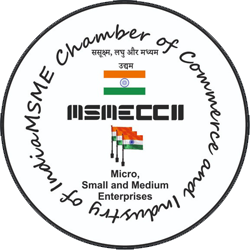One of the most critical reasons behind plastic’s polluting properties is the release of harmful chemicals from plastics, say, for example, a plastic container into the contents stored in it. The chemicals released during the storage are called leachates and the process of release is called leaching.
A study to identify such plastic leaching behaviour from the Municipal solid waste was conducted recently in the city of Mangaluru.
The study was undertaken as a collaborative effort between UN-Habitat, an international program of the United Nations, and Mangaluru City Corporation (MCC), Hasiru Dala, and Antipollution Drive (APD) Foundation, and aims to analyze and improve waste management in the city.
To promote policies and programs in support of sustainable urbanization goals, the United Nations Human Settlements Program (UN-Habitat) has been in close collaboration with the Government of India.
UN-Habitat’s project called “Waste Wise Cities: Tackling Plastic Waste in the Environment”, is expected to be implemented in 6 cities, 2 each from 3 different nations, including India, and would map and assess the flow of waste and potential plastic leakage from the Municipal’s Waste Management systems.
The program will also work on finding the short and long-term solutions to effectively improve the amount of plastic waste collected, recycled, and recovered, using an application called Waste Wise Cities Tool (WaCT).
The work in Mangaluru was led by UN-Habitat India officials Ms. Swati Singh Sambyal, Jogesh Arora, and Kartik Kapoor, expertise in Waste Management, in collaboration with Mangaluru City Corporation (MCC), Hasiru Dala (Nagaraj Raghava Anchan) and APD Foundation (Ms Vanishree BR).
Ms Swati Singh Sambyal when asked to detail about the project stated that “The project will help the city to better understand the critical areas and issues where the waste management can be strengthened, to make better actions plans and decision making on solid waste management and to promote investments that are focusing on circular economy and resource recovery.”
The project is funded by the Alliance to End Plastic Waste (AEPW), an international not-for-profit organization, in partnership with various environmental agencies and organizations including the government, around the world.
The core objective of the project is to highlight the issues around plastic pollution and push organizations to innovate and put an end to the plastic crisis.
UN-Habitat is one of the alliance's strategic partners and implements the project in two Indian cities such as Mangaluru and Thiruvananthapuram.










Leave a reply